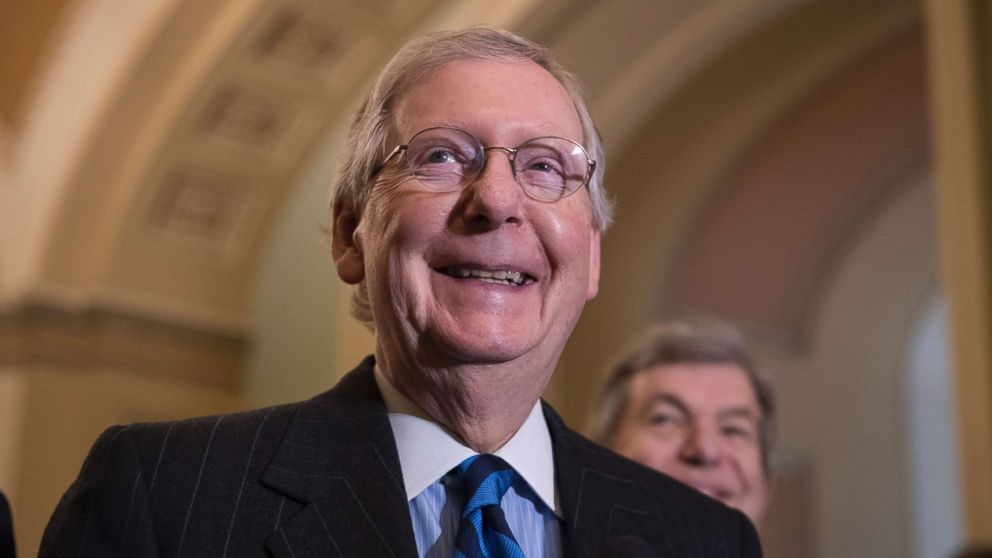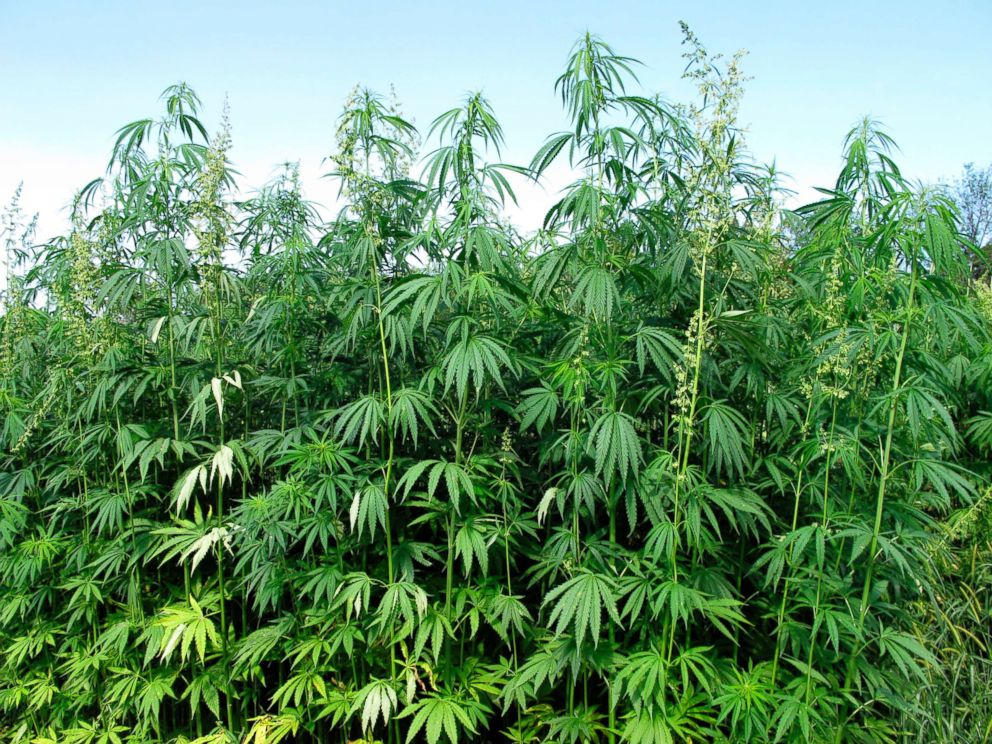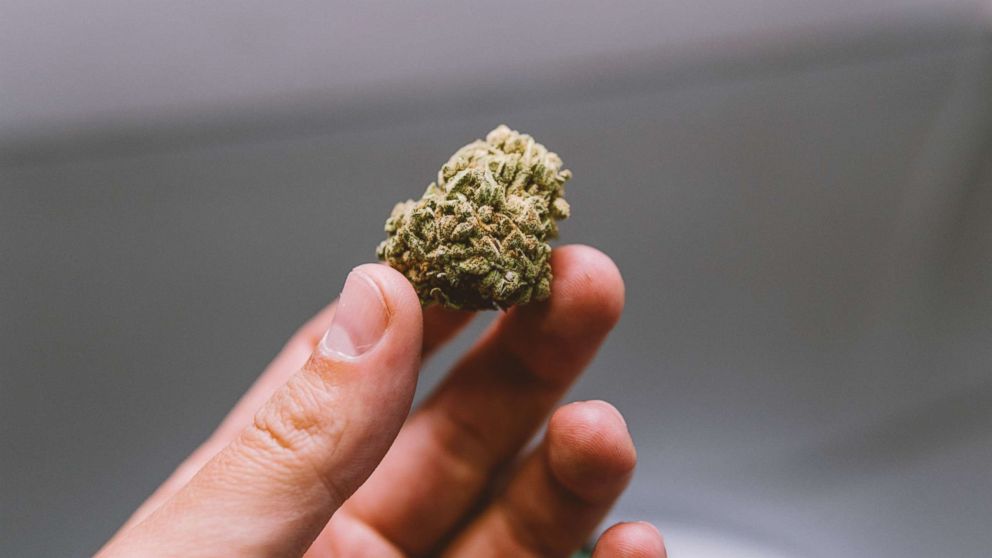Legalizing hemp production will help Kentucky: McConnell

WASHINGTON D.C. -- Sen. Mitch McConnell, a Kentucky Republican, has proposed legislation that would remove hemp from the federal controlled substances list - legalizing it for widespread agricultural use in his home state.
For decades, hemp has remained illegal because of its scientific family affiliation with marijuana, which looks similar, raising law enforcement concerns that it's difficult to tell the difference without testing. That's despite hemp's low or non-existent levels of the psychoactive component THC. McConnell says the Hemp Farming Act of 2018 would allow Kentucky to use the plant as an agricultural commodity, helping the state's economy.
“Hemp has played a foundational role in Kentucky’s agricultural heritage, and I believe that it can be an important part of our future,” McConnell said in a statement.

According to the AP, Kentucky has been allowed to experiment with growing hemp, valued for its essential oils, seeds and fibers. This year alone, Kentucky agriculture officials were approved to grow more than 12,000 acres of the plant.
McConnell has pushed to give Kentucky the green light to prepare for more extensive commercial production - expanding on the 2014 Farm Bill, passed under the Obama administration, which granted states permission to use the plant for research and pilot programs.
Although McConnell has advocated for hemp's legalization, his office declined to comment on the Senate Majority Leader's stance on recreational marijuana.

McConnell will be working alongside Ryan Quarles, Kentucky Commissioner of Agriculture to address
“Here in Kentucky, we have built the best Industrial Hemp Research Pilot Program in the country and have established a model for how other states can do the same with buy-in from growers, processors, and law enforcement,” Quarles said in a statement. “I want to thank Leader McConnell for introducing this legislation which allows us to harness the economic viability of this crop and presents the best opportunity to put hemp on a path to commercialization.”



